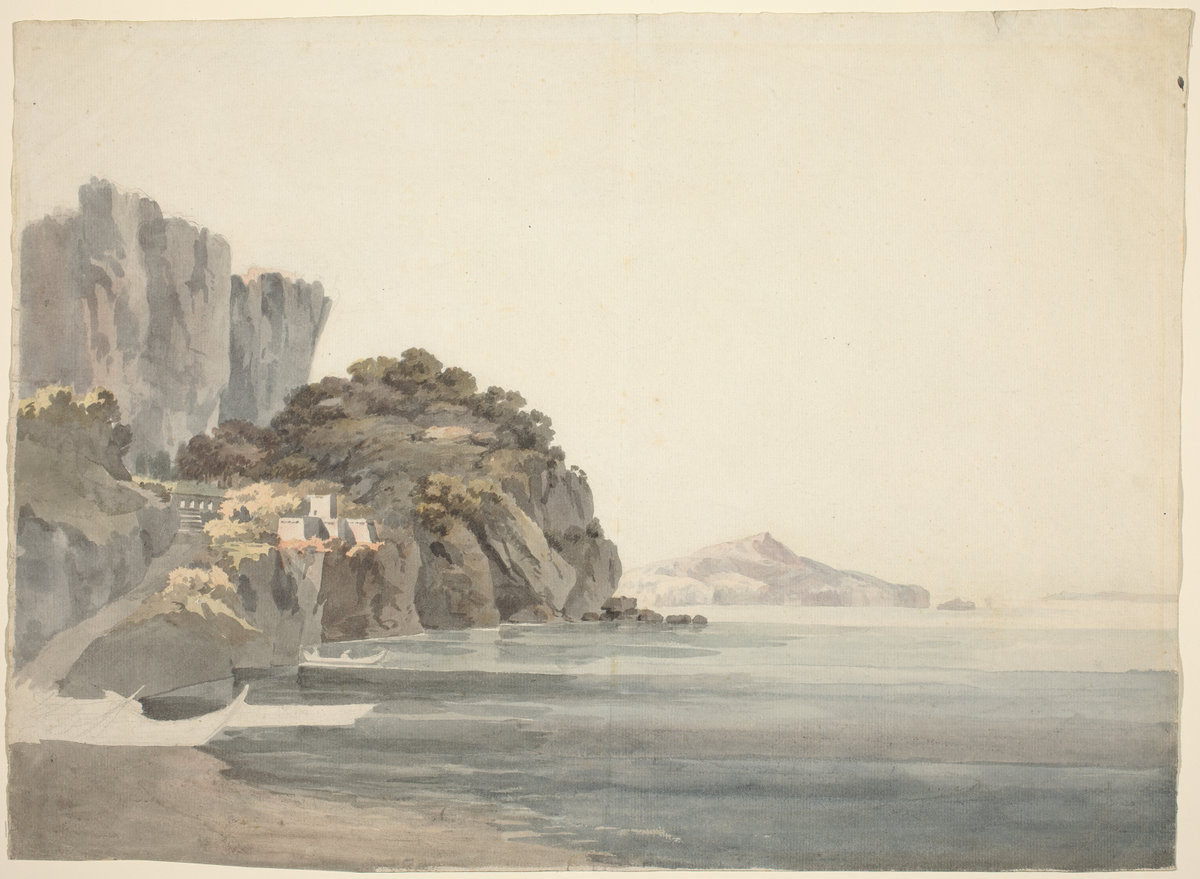
In an in-depth article, Gordon Adams advises the United States Government on how to bring coherent strategy back to its foreign policy-making. On a similar policy-oriented note, Edward H. Carpenter has a fairly provocative post in the Duck of Minerva that argues for consistent military support for incumbents facing violent insurgencies. Even if the incumbents, such as Assad, are extremely brutal, Carpenter argues sustained violent conflict is generally bad for the country’s population. Rachel Strohm has a short reply on some of the grey areas that policy would produce.
In Dissent, Sam Sussman challenges a Nicholas Kristof column that overlooks the wealth of Palestinian nonviolent civil resistance. Also on the topic of Palestine, Marc Lynch examines what political science may be able to learn from the current conflict between Hamas and Israel.
James Robinson and Daron Acemoglu have had some great writing recently on James Scott’s work recently. While they have praised his general theories, this post challenges his assumption that states work unrelentingly to strictly order society, “But as we have pointed out in Why Nations Fail, state centralization — and the will of the state to expand — can sometimes be halted because of the specific political equilibrium society (and the elites) are in.” Somewhat relatedly, Cedric de Coning looks at the challenges of working toward localized governance in conflict-prone states.
Sebastian Strangio reports from the strange Burma-China border, where former rebels have been pacified by access to semi-licit business enterprises.
Jay Ulfelder, writing on the Center for the Prevention of Genocide’s blog, outlines the Early Warning Project’s forecasts for the countries most at risk of state-led mass killing this year. One of those is the Central African Republic, where any attempts to create a competent security force will face perhaps insurmountable obstacles. Another is Nigeria, where the state’s actions in the northeast are allowing Boko Haram to flourish.
Former stringer Anjan Sundaram questions the international news media’s ability to accurately report on traditionally peripheral corners of the world, citing primarily a lack of foreign-based staff.
Aleppo was once a stronghold for moderate rebels, but it’s looking increasingly likely the city will fall to the Syrian regime and/or the Islamic State. Residents, once fiercely supportive of the rebels, have tired of the unceasing violence. The Guardian has a fantastic article on the reasons some British men have become jihadists in Syria. Finally, last week’s links post included an article about the collapse of a young terrorism expert’s career. Now Aymenn al-Tamini, the individual at the center of the controversy, responds to his critics.
Libya, though never entirely stable post-Gaddafi, has quickly taken a turn for the worse. At the Monkey Cage, Frederic Wehrey takes a look at the multiple levels of conflict in the country.







